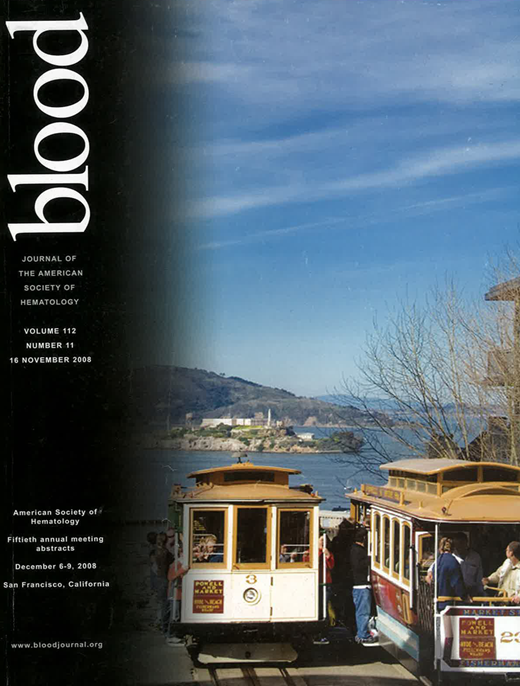Abstract
Background: Our previous work has shown that malignant B cells induce the development of intratumoral Treg cells that inhibit the host anti-tumor response. In contrast to an increase in Treg cells, we found that the number of effector T helper cells (TH1, TH2 and TH17) was low in B-cell NHL tumors, suggesting an imbalance between Treg and TH cells in the tumor microenvironment. Understanding the mechanism(s) of this imbalance is important to the development of treatments to enhance host immunity and in previous work we have shown that signaling through CD70, CD80 and CD86 plays a role. Since soluble factors, particularly TGF-β, have an important role in directing T-cell differentiation, we evaluated in this study the role of TGF-β in the lymphoma microenvironment.
Goal: To determine the effect of TGF-β on the generation of intratumoral TH1, TH17 and Treg cells in human B-cell NHL.
Results: Human B-cell NHL specimens were obtained from consenting patients and were used for all experiments. Using an ELISA assay, we found that malignant B cells variably secrete TGF-β - median 100 pg/ml per million cells (range: undetectable −229 pg/ml, n=7). Using flow cytometry, we showed that addition of exogenous TGF-β enhanced the expression of Foxp3+ in activated CD4+ or CD4+CD45RA+ or CD4+CD45RO+ nodal T cells, suggesting that TGF-β promotes the generation of Treg cells in tumor microenvironment. In contrast, TGF-β suppressed expression of IFN-g in activated CD4+ T cells and inhibited the up-regulation of IL-12 and IL-23-induced IFN-γ expression in CD4+ cells, indicating that TGF-β suppresses the generation of TH1 cells. TGF-β alone slightly inhibited IL-17 expression in CD4+ T cells; however, TGF-β, in the presence of IL-6 and IL-23, upregulated IL-17 expression in CD4+ T cells, suggesting proinflammatory cytokines are able to reverse the suppression induced by TGF-β. These results indicate that TGF-β plays an important role in the regulation of intratumoral TH17 cell generation. In additional experiments, TGF-β was found to exert a suppressive effect on the proliferation of both CD4+ and CD8+ intratumoral T cells. However, treatment with TGF-β enhanced IL-2 production by intratumoral CD4+ T cells detected by intracellular staining of flow cytometry. Interruption of IL-2 signaling by anti-IL-2 Ab abolished the upregulation of TGF-β-mediated Foxp3 expression and enhanced the production of IL-17 in CD4+ T cells. Furthermore, treatment with anti-IL-2 Ab reversed the inhibition of NHL B cell-mediated TH17 cell generation.
Conclusion: These results suggest that TGF-β controls the generation of TH1, TH17 and Treg cells contributing to the imbalance of effector TH cells and inhibitory Treg cells in the tumor microenvironment of B-cell NHL through IL-2. Since malignant B-cells produce TGF-β, these results further support the important role of malignant B cells in the regulation of intratumoral T cell generation and the host immune response.
Disclosures: No relevant conflicts of interest to declare.
Author notes
Corresponding author

